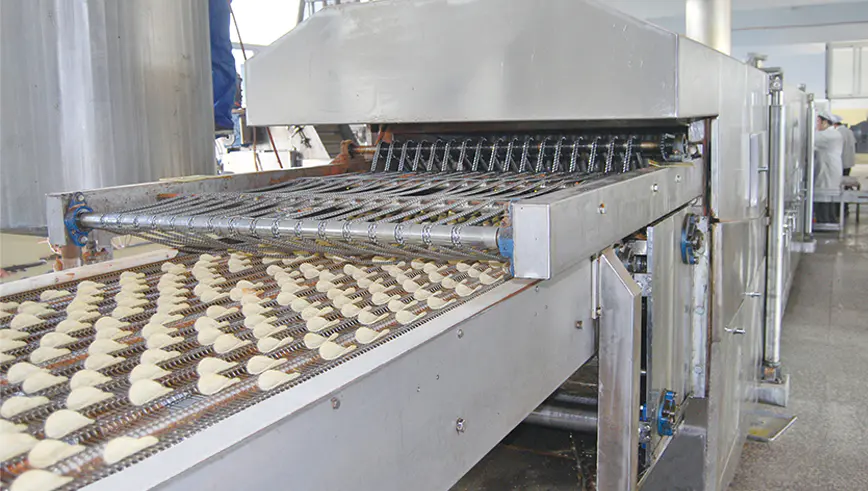Food processing machines are integral to modern food production, enhancing efficiency, safety, and consistency in food preparation. These machines encompass a wide range of equipment designed to automate and streamline various processes, from chopping and mixing to cooking and packaging.
Types of Food Processing Machines
Choppers and Slicers: These machines are designed to cut fruits, vegetables, and meats into uniform pieces. High-quality choppers can adjust blade sizes, allowing for diverse cuts, which is essential for dishes requiring specific textures.
Mixers and Blenders: Mixers are crucial for combining ingredients evenly. From dough mixers in bakeries to industrial blenders for sauces and soups, these machines ensure that each batch maintains a consistent flavor and texture.
Cookers and Steamers: Industrial cookers provide precise temperature control and cooking times, which are vital for achieving the desired quality in large batches. Steamers, on the other hand, preserve nutrients while cooking, making them popular in health-focused food production.
Packaging Machines: After processing, food must be packaged properly to ensure safety and freshness. Automated packaging machines can handle everything from filling to sealing, significantly reducing labor costs and improving efficiency.
Benefits of Food Processing Machines
Increased Efficiency: By automating repetitive tasks, food processing machines significantly speed up production lines. This efficiency allows businesses to meet higher demand without compromising quality.
Improved Food Safety: Many food processing machines are designed with hygiene in mind. Stainless steel components and automated cleaning systems help minimize contamination risks, crucial for maintaining food safety standards.

Consistent Quality: Automation leads to uniformity in food products. This consistency is vital for brand reputation, as consumers expect the same taste and texture every time they purchase a product.
Cost-Effectiveness: Although the initial investment in food processing machines can be significant, the long-term savings in labor and increased production capacity often outweigh these costs. Businesses can also reduce waste by optimizing ingredient use.
Applications Across the Food Industry
Food processing machines find applications in various sectors, including:
Bakeries: Automated mixers and ovens streamline the baking process, ensuring consistent results in bread and pastry production.
Meat Processing: Equipment for cutting, grinding, and packaging meat enhances efficiency while adhering to safety standards.
Canned Goods: From cooking to sealing, machines are essential for producing canned fruits and vegetables, extending their shelf life and convenience for consumers.






























